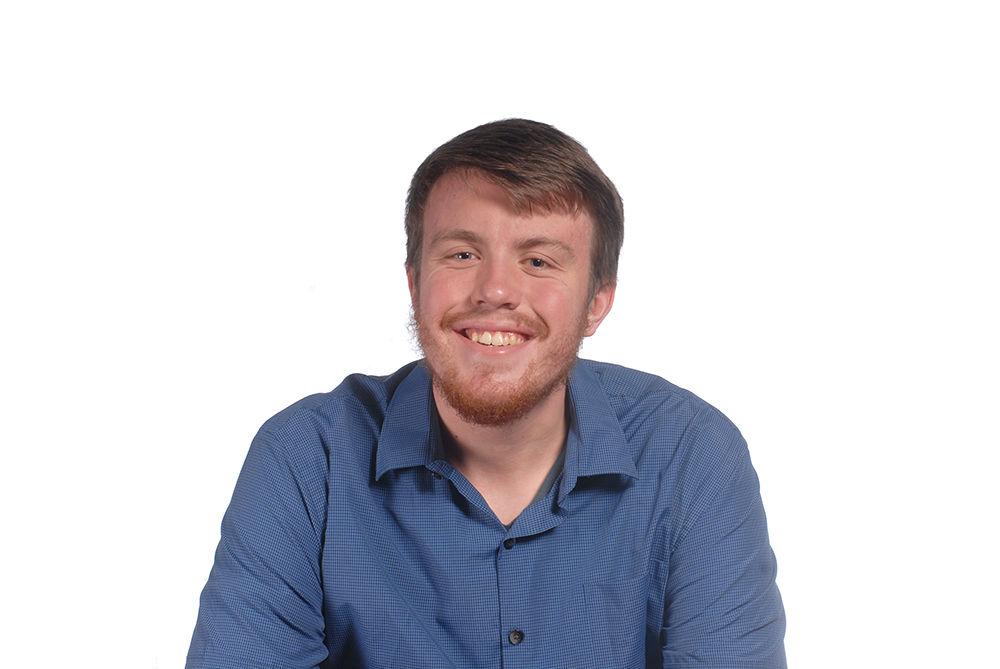Unless you’re currently taking summer courses or have them planned for later this summer, I’m sure many of you, myself included, have already taken advantage as much as possible of this time off to catch on some much-needed and well-deserved R&R. Even if you’re preoccupied with jobs, internships or whatever else, I’m sure plenty of you have already set some time aside for a “me day.” I know I have.
However, one of our greatest pleasures – rest – can also turn out to be one of our greatest threats as university students.
I’ve taken several Russian language courses during my time at NC State. I plan on taking another one next fall to finish off my foreign language requirement and, perhaps, taking more courses in the subject after that. The challenge, however, is staying invested in the material during this time off. Russian is a language that requires understanding of one concept or idea before moving on to the next, like a house of cards. However, too much time without proper practice can send that house crumbling down.
Researchers Allison Atteberry and Andrew McEachin found that many students often suffered a 25 percent — or worse — loss in learning over the summer months. That loss can be even worse depending on the student’s socioeconomic status. Summer learning loss is real, and it shouldn’t be underestimated.
The worst part is that of all students who face the threat of summer learning loss, college students probably have the highest stakes of them all. Other students, like middle or high schoolers, usually are given lighter course work in the first couple weeks to let them readjust. While this can be true in some cases for colleges, the reality for most is that after “syllabus day,” you usually hit the ground running. It’s up to students to keep mentally active so they don’t suffer in the fall.
Ashford University published an article about how to keep students mentally active over the summer. They suggested learning a new language, putting some time aside for some reading and writing, or staying up-to-date on news and events. Of course, you should also continually refresh yourself on the material you covered over the year, so that house of cards I mentioned earlier doesn’t collapse.
Some may argue that studying will go against the very purpose of this break, which is to rest and do what you want to do. However, in no way must this studying be intensive if it doesn’t have to be. For example, with my Russian studies, I plan to use Duolingo, among other things, which lets me control how much time I spend. While I still need to practice, I can set my own pace, which can easily be translated to practicing other subjects that need it.
However, between study sessions, it’s also very important to stay healthy in all aspects of your life. For example, we all know about the infamous “Freshman 15,” but the reality behind the phenomenon is far worse. The Obesity Action Coalition listed some of the diet and exercise mistakes commonly made by college students and described how these can lead to a disastrous decline in the physical well-being of students. Students’ tendencies to eat late, eat a lot and forgo the gym for study time or downtime can come back to haunt them.
Thus, the summer months are the perfect opportunity to make up for those mistakes and shed those pounds. For walking, running, lifting or whatever exercise you love, now is the best time to pour all your energy and passion into it. Meeting up with friends you haven’t seen in a while and working out together is also a great way to not only stay fit, but to catch up with each other’s lives. Plus, this can also benefit the academic studies too, as feeling healthier and better about yourself can give all the motivation you needed to stay committed to studying.
The last thing anyone wants to hear is “do more work when you’re not required to,” but that’s the sad truth: you have to. It can feel great over the break to do nothing, but without a little mental activity during those summer months off, the beginning of that fall semester is really going to hurt.
No matter how much you study, you’ll probably experience a little bit of a learning because you’re not in such an intensive academic environment. If you put aside a little bit of time to keep refreshed, both mentally and physically, that first month back should be a whole lot easier.














